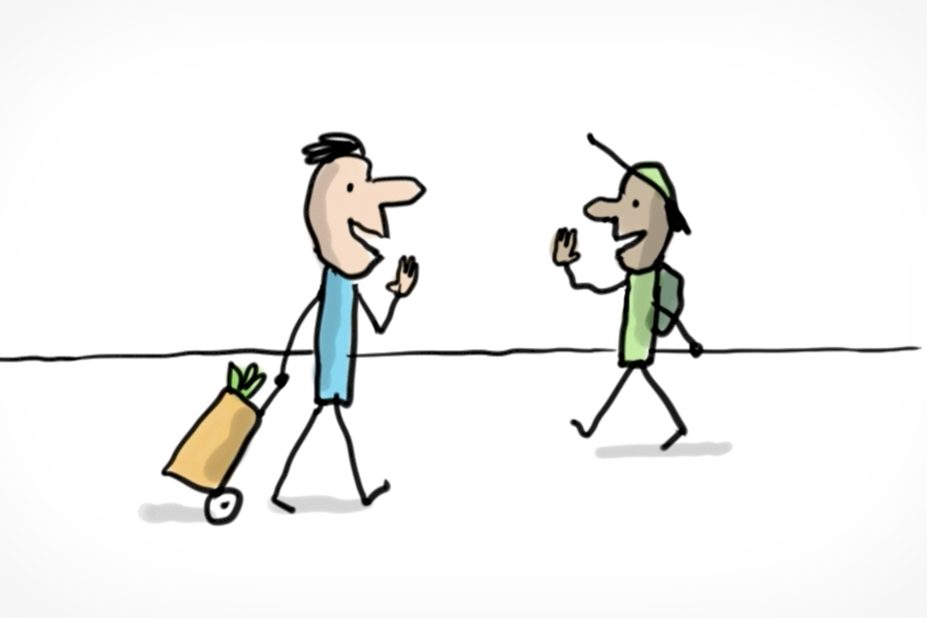It’s rules that allow us to live together better.
The word ‘politeness’ comes from the Latin politus, which means ‘smooth’, like pebbles polished by the sea.
« Thank you », « hello », « please », « goodbye », « sorry »… these magic words express politeness.
Certain attitudes, such as not interrupting, holding the door for someone or washing, show our respect towards others.
Being polite makes life more pleasant. For example, no one likes to be insulted, or pushed around.
But does politeness exist everywhere in the world?
Yes, it is found in all cultures, with varying rules.
For example, some languages have familiar or formal ways of saying ‘you’ to address… a child of your own age, the teacher, your parents, a stranger.





 Retour
Retour
Pourquoi est-ce que les Français sont méchant à les touristes?